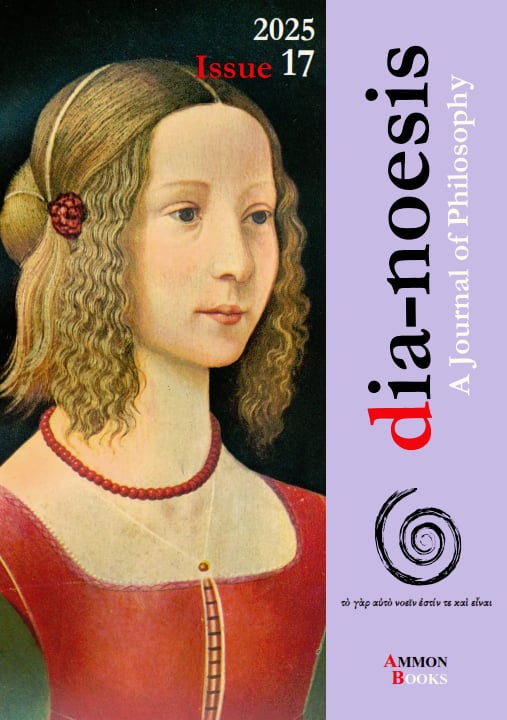The status of women in ancient Greek philosophy: from Plato to Plotinus

Abstract
The present paper focuses on the status of women according to the ancient philosophers and specifically from Plato to Plotinus. Initially, a general reference is made to the aspect of women through Plato's philosophy and in particular the dialogues Symposium and Republic. In the second part a reference is made to Xenophon's Economics, a philosophical dialogue, which presents how education can awaken a woman’s capabilities. Although Xenophon is not a platonic philosopher, he lived at the same time as Plato and shares with him the influence of Socrates' teaching. In the third part we examine the way Platonic philosophers viewed women through the case study of the eclectic Platonic Plutarch, who through historical examples highlights the virtues that women can also demonstrate. The fourth and final part of this paper refers to the way women were seen by the Neoplatonists and, in particular by the founder of the school, Plotinus, who recognizes no difference in the prospects of an embodied soul depending on gender. At the end, a brief reference is made to the Neoplatonic Hypatia, who through her actions offered a living example of women's contribution to philosophy and to philosophical and public life.
Article Details
- How to Cite
-
Tripoula, I. (2025). The status of women in ancient Greek philosophy: : from Plato to Plotinus. Dia-Noesis: A Journal of Philosophy, 17(1), 191–214. https://doi.org/10.12681/dia.41711
- Section
- Articles


